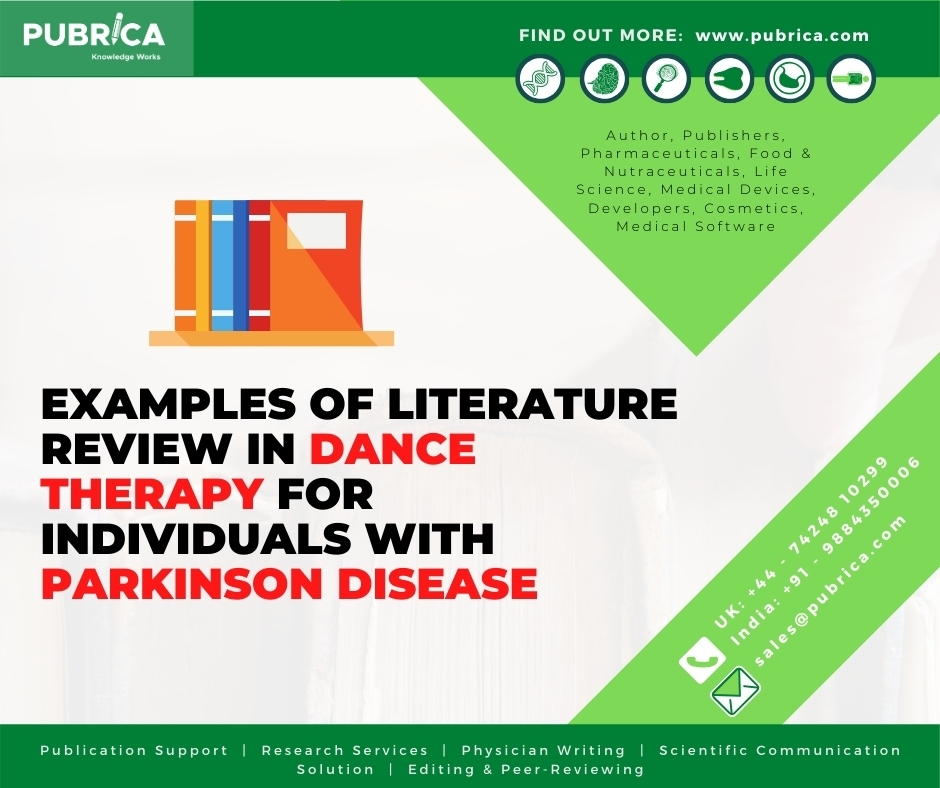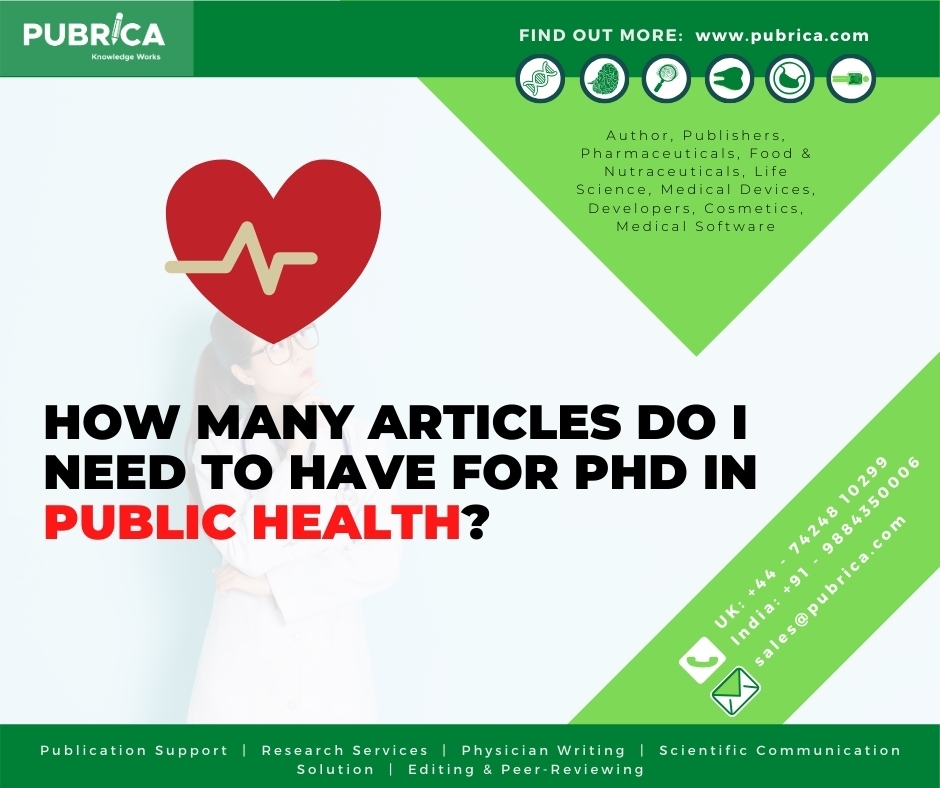
Examples Of Literature Review In Dance Therapy For Individuals With Parkinson Disease
March 11, 2020
How to find a scholarly article?
March 27, 2020In Brief
- The UGC suggests that two research paper is compulsory for any candidate who undergoes PhD.
- However, new norms are arising now and then to consider the old rules in research papers.
- However, the scenario is entirely different when it comes to public health candidates.
- Public health is all about communication and information. Public health pupils should be highly skilled when it comes to writing research articles.

Although publishing is a prerequisite for being competitive enough for college positions, making it mandatory is sparking an epidemic of bogus work.
As per the UGC, PhD pupils have to submit at least one research paper in a refereed journaland make two paper displays in conferences/seminars previously than the submission of the dissertation/thesis for adjudication and produce a proof for the same in the structure of presentation certificates and/or reprints.
But last year, among others, the UGC constituted a committee of science and humanities researchers to investigate this necessity. The new committee established by the University Grants Commission (UGC) endorsed that it should not be mandatory for doctoral students to write journal articles while writing their dissertations to earn their doctorates. If the suggestion of a four-member committee headed by Prof. P. Balaram is conventional through the University Grants Commission (UGC), putting up a paper in a peer-reviewed journal before he/she is awarded the degree will no longer be compulsory for any PhD student in India.

The committee believes that the publication provision has led to a proliferation of poor-quality journals promising to submit papers for a fee shortly, without providing incentives such as alteration and peer review. Many scientists around the world claim that doing away with the necessity for publication will not take away low-quality work. The presentation of a substandard thesis could be handled by a biased selection committee while requiring a publication usually guarantees at least some peer review outside. Furthermore, articles in peer-reviewed journals are an exact way of evaluating postdoctoral candidates. Publication incentives cause problems when promoting the production of papers of poor quality. (Vaidyanathan, 2019)
But this case is no longer applicable to public health candidates. Whether it is 335 pages or 136 characters, writing is vital to public health. Public health communication issues are as varied as the populations with whom clinicians interact. Public health professionals connect from quite a variety of cultural backgrounds to researchers, representatives, colleagues, funders and community members in writing to build communication and improve health through a range of written texts.
The literature suggests college students are going through stages of interpretation as they develop their writing skills. Initially, college students depend on some writing policies being standardized, such as the criteria needed for a literature evaluation or a prerequisite for language formality.(CDC, 2019)
It’s the way we deliver our messages, our policies and our activities in public health and the way we behave instantaneously. For a range of audiences, from high-level academies to public service departments, to the general public, this central role of writing in public health capacity must be fine and understandable.
The health problems the world faces are far too severe for writing about public health to be politically reticent and open solely to experts. The writing in public health needs to be effective in all the respects that language can be powerful — technically, rhetorically, and specifically. Clear, constructive communication is a core aspect of leadership in public health. Authors deal with a wide variety of factors that include age, gender, race, culture, education, economics, genetics, family, human behaviour, sex, medicine, genetics, environment and social justice mechanically in no other discipline. (Valladares, Riegelman, & Albertine, 2019)
The writing-to-learn strategy commonly includes much less formal and shorter low-stakes writing assignments, emphasizing that the method is extra important than the cease product. Low-stakes writing is used to assist college student’s techniques and integrates information. Writing to study presents college student’s possibilities for self-reflection or examination of how their experiences are related to new understanding and allows them to integrate new statistics into their understanding. Students may also first be requested to operate low-stakes writing about a content area and, when the content is more familiar, be asked to complete higher-stakes document-specific writing. They would possibly also be requested to write about content material in a precise file type and then transpose the content into any other format.
Intentional pacing of activities within and across publications helps college students to develop self-assurance and competence in their use of knowledge in content materials and to compose a variety of papers.(Mackenzie, 2018)
The learning-to-write process emphasizes the inclusion of discipline-specific record types so that students get to know what kind of writing to use in various social contexts. If writing is incorporated across a program, and college apprehends the complexities of writing-to-learn and learning-to-write, they can better include writing to do stuff in their teaching.(Scaffolding, 2015)
Future Scope
Implementing research and publishing outcomes is indispensable for a career in sciences. Doing research is only part of the picture. If the consequences of lookup studies or application, documentations have a vital effect on where they are published. Different researchers can’t recognize the cost of the evidence generated, they cannot construct indication or they cannot see the proof and universal science can’t develop and grow at that pace.
Publications can also be viewed as an asset that permits authors to attain attention and acknowledgement as professionals in a unique area at national and international levels. Publication in peer-reviewed journals also gives worldwide cognizance for an individual, department, university, and institution. In some cases where a subject of primary international importance is protected in a publication, the author’s country, and even the region, might also additionally get an increased recognition.
The adage “Publish or Perish” among researchers is a threatening reminder of the importance of printing. Notwithstanding the skepticism, the phrase makes public health a key factor: reporting information and making use of it to the broader audience is very important to the development of science and to bring about change solely based on evidence.(Asnake, 2015)
Conclusion
Scientific reporting is an essential part of practice in
public health. Young public health leaders, including those from the developing
world with limited access to peer-reviewed journals, must be inspired to start
writing early and senior practitioners, public health organizations and
agencies, and journal editors serve as model roles and provide ongoing support.
References:
- Asnake, M. (2015). A Importância Da Publicação Científica Para O Desenvolvimento Da Saúde Pública. Ciência & Saúde Coletiva, 20(7), 1972–1973. Https://Doi.Org/10.1590/1413-81232015207.08562015
- CDC. (2019). CDC Guide To Writing For Social Media. Retrieved March 10, 2020, From Https://Www.Cdc.Gov/Socialmedia/Tools/Guidelines/Guideforwriting.Html
- Mackenzie, S. L. C. (2018). Writing For Public Health: Strategies For Teaching Writing In A School Or Program Of Public Health. Public Health Reports, 133(5), 614–618. Https://Doi.Org/10.1177/0033354918785374
- Scaffolding. (2015, June). Education Reforms. Scaffolding. Retrieved From Https://Www.Edglossary.Org/Scaffolding/
- Vaidyanathan, G. (2019, May). No Paper, No Phd? India Rethinks Graduate Student Policy. Nature. Retrieved From Https://Www.Nature.Com/Articles/D41586-019-01692-8
- Valladares, L. M., Riegelman, R. K., & Albertine, S. (2019). Writing In Public Health: A New Program From The Association Of Schools And Programs Of Public Health. Public Health Reports, 134(1), 94–97. Https://Doi.Org/10.1177/0033354918813106
